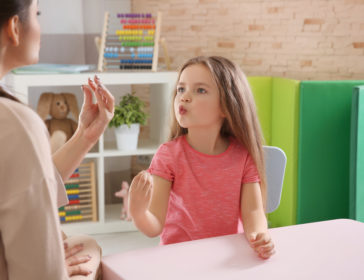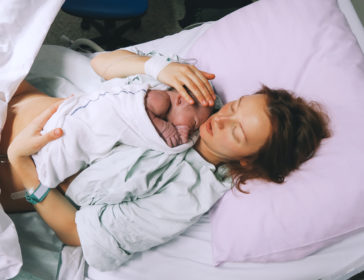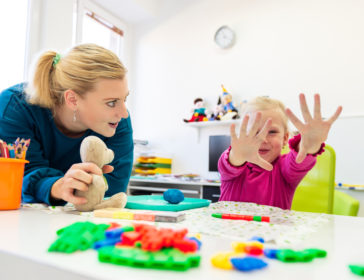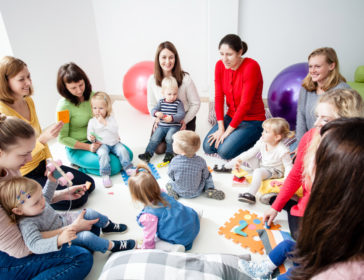
Learn
- HONG KONG
Homeschooling Tips For Kids With Learning Differences
Facebook Live With The ChiLD Team
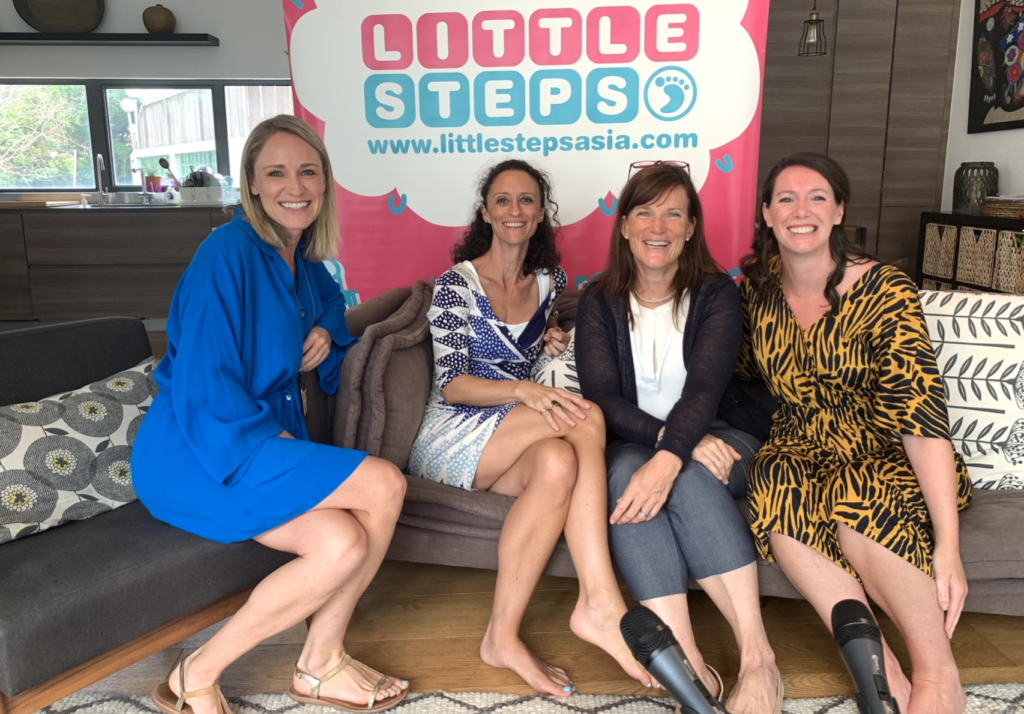
Little Steps continues to dive deep into the hot and heavy topic of homeschooling, but this time with a focus on kids with special needs, i.e. learning differences. We spoke with the team from ChiLD, Dr. Alexandra Sanderson, Helen Handley, and Lisa Low – experts in supporting children with learning differences, their communities, as well as the gifted and talented.
The ChiLD team is passionate about uncovering the individual child’s unique abilities and collaborating with those around them to adapt their approach to suit the child, who can then fulfill their potential! ChiLD provides a range of services, but the most success comes from a combination of all three: psychoeducational assessments, parent workshops, and training for schools and the community. This work has given them incredible insight into both the diversity of needs and the school system, which provided for an incredibly insightful and empowering chat that all parents and kids can benefit from.
To learn more, watch our FB Live below, read on, and visit their website!
-

WHAT ARE LEARNING DIFFERENCES?
Everyone learns differently and has both strengths and weaknesses, but if your kid’s differences are significantly impacting learning, they are considered to have learning differences or, officially, neurodevelopmental disorders. These are brain-based disorders with onset before the age of 18, depending on the need. They have nothing to do with parenting, but early intervention is key, so never hesitate to consult experts and teachers if you sense something might be "wrong".
The DSM lists ADHD, autism, specific learning disorders (dyslexia, dysgraphia, dyscalculia), intellectual disabilities (IQ-related and adaptive functioning), communication disorders and motor disorders in this category.
-

UNDERSTANDING HOW YOUR CHILD LEARNS
Identifying the strengths of the child is crucial, so you can play to their strengths or interests. Compassion is key, both for the child and yourself - give yourself the time to accept and understand your child’s learning differences.
Start understanding where your child comes from by understanding their working memory (capacity) - how they hold on to information and manipulate what they see and hear. If there's too much information, or only information of the kind that doesn't suit the child (visual, auditory, etc.), learning suffers because of cognitive overload. Finding ways to externalize working memory and make the information as concrete as possible (turning it into pictures, objects, or employing a step-by-step approach) can be of great help.
When it comes to behavior, an incredibly helpful approach is ABC - Antecedent-Behavior-Consequence observation. Learn more about our interview above!
-

REAL STORIES & WHAT WE CAN LEARN FROM THEM
STORY 1: There was an interesting case of a boy whose profile came out as gifted, but his processing skills came out as average. This means that in school, his reaction to a question asked could be interpreted as him not knowing the answer, while all he needs is more time to process the question before giving an unusually thoughtful answer. A lack of this understanding of this child's individual need could lead to a wrong impression, followed by over-explaining and a loss of confidence in his own abilities. Adapting to this child's learning needs can be providing him with questions in advance so he has time to prepare his answer.
STORY 2: Another is a case of a girl with dyslexia in secondary school. She struggled with homeschooling as she missed the visual aspect of learning - most materials were reading/language-based. Teachers can be informed of such needs and diversify the materials they offer - which can also help other kids with unidentified learning differences or simply different strengths.
STORY 3: Different schools and curriculums have also approached homeschooling in different ways, and one of them employed a model similar to the Integrated Curriculum Model used to teach gifted students. This school took the whole of Year 7 and approached the learning in a cross-disciplinary way, integrating what they were doing in, for example, PE into Science, English, Maths, and vice versa. The same information is used in different ways, which then differentiates learning all the way through!
Where To Find It:
Want More?
Little Steps Asia knows what families need.
Sign up for our email newsletters to get the most out of Asia!
SHOP! Hong Kong Gift Guide 2024
-
Hong Kong
Where To Celebrate Hong Kong New Year’s Eve 2024
Enjoy The Countdown In Hong Kong! -
Hong Kong
Where & When To Watch The Hong Kong New Year’s Eve Fireworks 2024
Top Spots To Watch The Fireworks2024 Dec 31 - 2025 Jan 01 -
Hong Kong
Top Kids Movies To Watch At The Cinema NOW In Hong Kong – Christmas 2024 / New Year 2025
Flicks For Young And Old Alike!2023 Dec 01 - 2025 Dec 31 -
Hong Kong
Mufasa: The Lion King (2024) – Opening In Hong Kong Cinemas This December
The Prequel To The Classic Disney Film2024 Dec 19 - -
Hong Kong
Live At The Big Top At The AIA Carnival 2025: A 4-Day Music Festival In Hong Kong
Book Your Tickets For This Musical Extravaganza Inside The AIA's Big Top2025 Feb 12 - 2024 Feb 16 -
Hong Kong
Explore An Immersive Bilingual Montessori Environment At The IMS Mid-Levels Open Day
Save The Date: January 11, 20252025 Jan 11 - 2025 Jan 11 -
Hong Kong
Experience The Magic Of Franz Harary Live In Hong Kong 2024
World-Renowned Illusionist & Magician2024 Dec 28 - 2025 Jan 05 -
Hong Kong
Best Family-Friendly Events In Hong Kong – December 2024
Read On For Events Not To Miss In December For Kids And Families In Hong Kong2024 Dec 01 - 2024 Dec 01 -
Hong Kong
The Fun Of The Stage: Bringing The Magic Of Theater To Young Audiences With KidsFest!
Win A Set Of Four Tickets To See The Smeds And The Smoos!2025 Jan 24 - 2025 Jan 24 -
Hong Kong
Guide To Christmas Eve And Mass Church Services In Hong Kong 2024
Christmas Mass, Christmas Eve, And Christmas Day Services For Families2024 Dec 01 - 2025 Jan 01
SIGN UP
Hong Kong Tips, Deals + Events.
Got kids? Little Steps Asia gives you the scoop on all the things to do and see with babies, toddlers, and kids in Hong Kong, Singapore, Kuala Lumpur, Bali, Jakarta, Macau, and beyond. From family-friendly hotels, kids and baby shops, the best schools and after school activities, pregnancy tips and meet-ups and more – we have you sorted.
Sign up to receive the free Little Steps email newsletter packed with news, offers, and hidden treasures for Hong Kong families.
© 2024 Little Steps Asia. All rights reserved.








